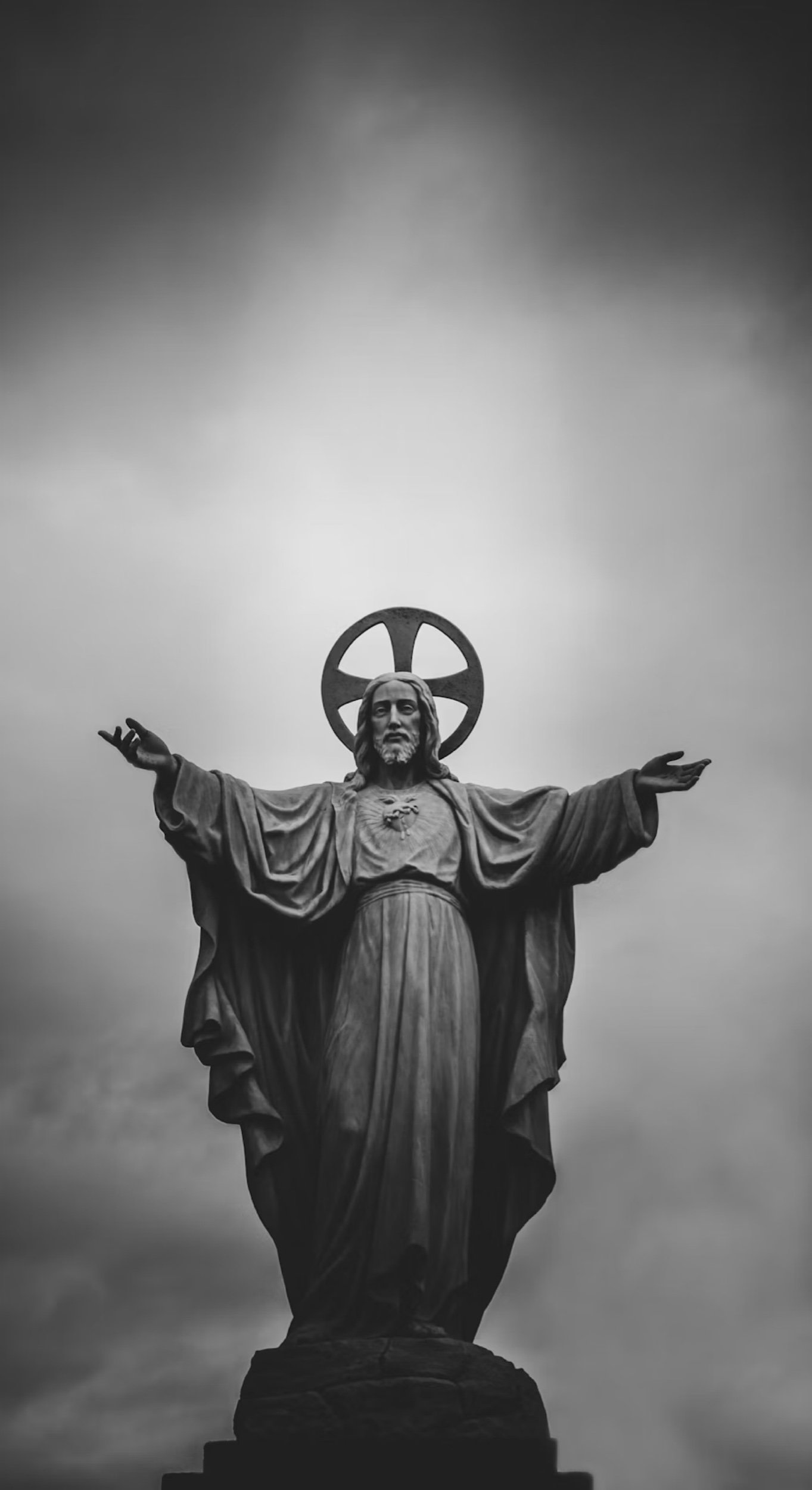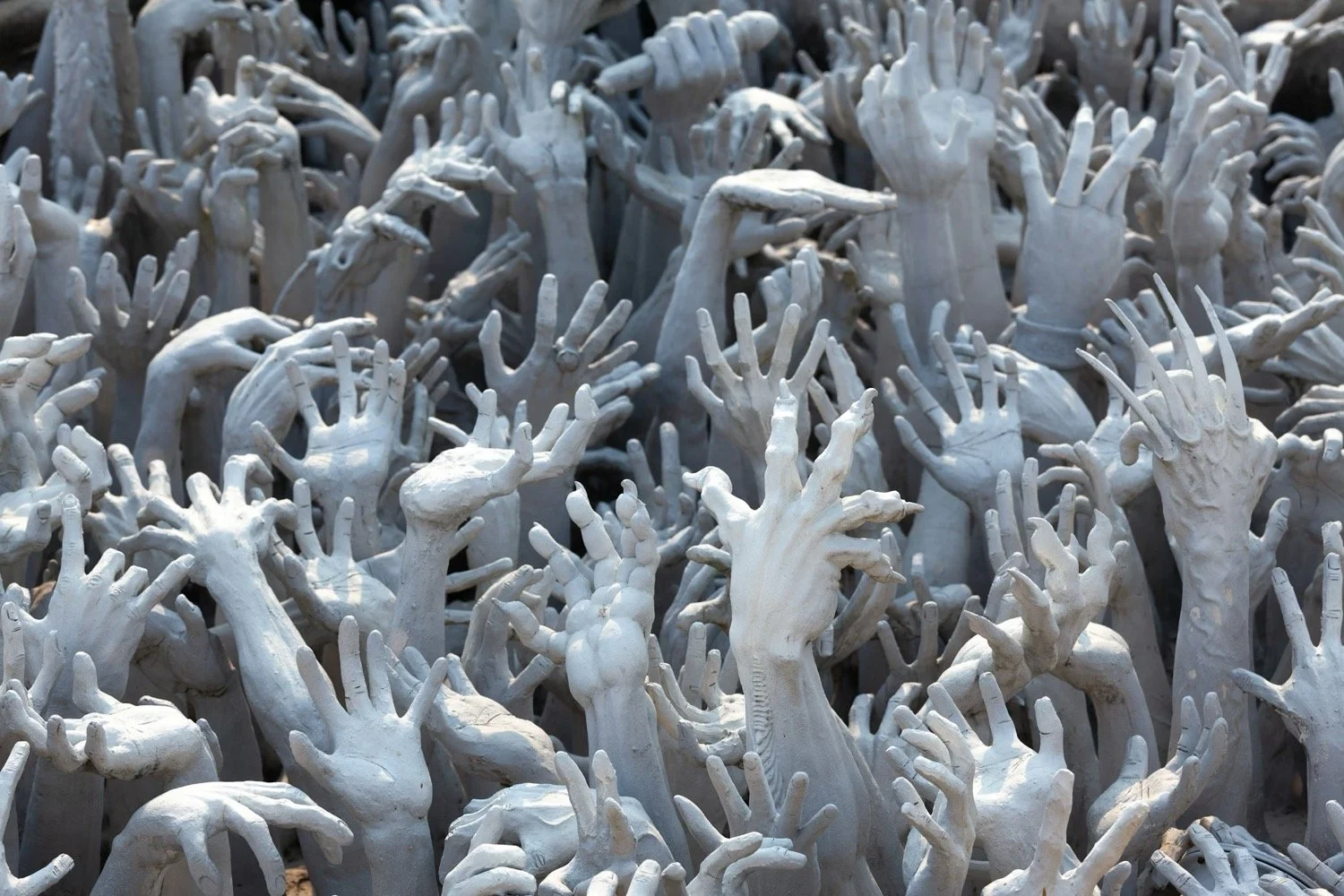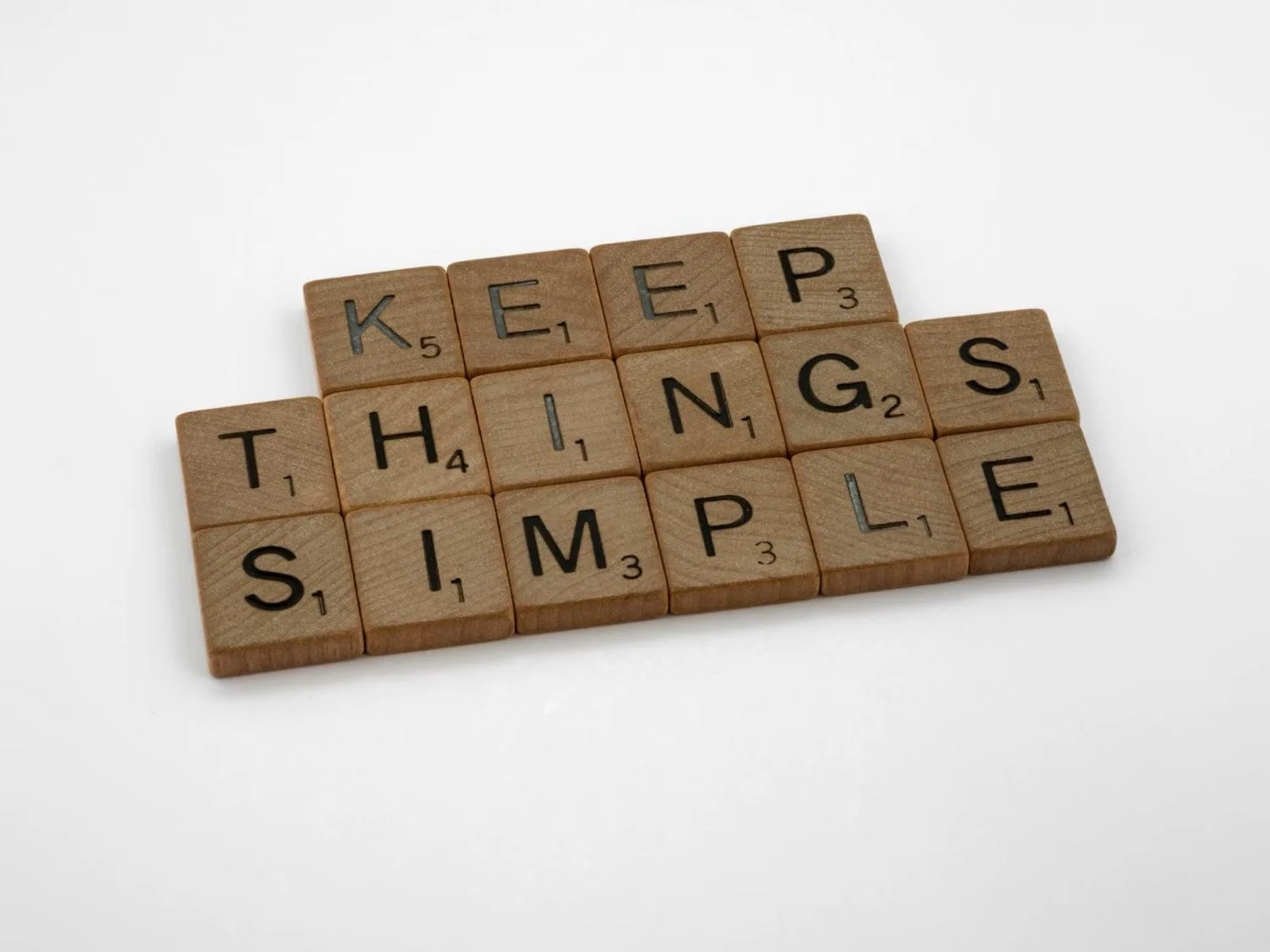Readings for today: 1 Chronicles 1-2, Psalms 43-44
Many years ago, a friend of mine introduced me to the “Three Story” method of evangelism. It’s simple and natural and easy to use. Basically, you start by asking another person about their story. By showing genuine curiosity in who they are and how they got here and where they feel they are headed, you get to learn all about another human being. Another creature made in God’s own image. You get to hear all about their hopes and dreams and, depending on their level of vulnerability, their heartbreaks and pain. It’s incredible what people will tell you if you are willing to listen. After sharing their story, the most natural thing for them to do is ask you about your story. I don’t know about you but I can’t share my story without sharing about the day Jesus Christ saved me. He literally changed the course of my life. And this brings us into the final story…God’s story…which is the story all of us are wrapped up in on some level. I have to tell you I’ve probably had thousands of conversations about Jesus over the years. I’ve not had one negative reaction when I used this method to tell His story. It doesn’t mean everyone gave their life to Jesus. Far from it. But it does get people thinking in new ways about the story of their life and what role God may have to play in it.
I thought about this method when I read through the genealogies at the beginning of Chronicles. It’s easy to brush past all these names. They don’t mean much to us because we don’t feel any kind of connection to them. They are names of people and places we have never encountered which is why they feel so distant to us. Irrelevant to our lives. But what if we engaged the reading using the “Three Story” method I shared above? What if this is Israel telling us her story? Telling us how she got to where she is today? Telling us about all the important people and places in her life? What if instead of just reading through the chapters, we envisioned a person telling us all about their family tree and what it meant to them? Would that change how we received it? I think it would. Now imagine that same person asking us about our family tree. What would we share? Could we point to names and places where our family had been? Do we see all the different connections that brought us to where we are today? Now think about God’s story. Where’s His hand in all of this? Where do we see Him at work in the lives of those who are listed? What story is God working out in and through His people for the world?
Readings for tomorrow: Psalms 49, 84, 85, 87




